News
Dr. Pradeep Kumar, President, Indo-European Education Foundation (IEEF), and Faculty at the University of Applied Sciences in Nysa, Poland; along with MSc Anna Opalk, Head of IR office and Chairperson of IEEF branch in Nysa, Poland, participated in an international Conference "Dolny Slask – Polska – Azja. Wczoraj. Dzis. Jutro”, June 30 - July 1, 2021 at Wroclaw Mercure Hotel. The conference were organized by following partners:
Organizers:
Center for Asian Studies
Institute of Classical, Mediterranean and Oriental Studies, University of Wrocław. Confucius Institute of the University of Wrocław
Poland-China Cooperation Center Confucius Institute in Opole College of Inter-area Individual Studies, University of Wrocław
Dr Kumar delivered a lecture on "Why India Matters? Trade, Education and Glocalization" during India panel.
Historically, India was the largest economy in the world for most of the two millennia from the ‘1st’ century, until the ‘19th’ century. India, Indian economy, and Indian education system has seen many ups and downs from centuries and always came with adaptation of new policies as per the demand of that time and become more stronger and strategic. It has experienced many different types of trade relations with the world communities, especially with European sub-continent. International trade, foreign investments and internationalisation of higher education, are not new phenomena for India as pre-colonial India was known for the well established economy, and an open market for foreign traders which attracts many foreign companies to India. Either it was Estado da India (a Portuguese company in Fifteenth century), Dutch East India company (Sixteenth century), French East India Company (Seventeenth century), The East India Company (Eighteenth century) or, British Raj (1858 onward) had always been involved in both trade and politics. India and Indian economy were suppressed by mostly European companies, and later colonised by the British Crown through the British East India Company from 1858 to 1947.
Indian education were world recognised by the world’s first known university, Takshila University (at least 2,800 years ago 800BCE); Nalanda University, the highest seat of Buddhist learning, established during the region of Kumara Gupta I, (414-445 A.D.); and Vikramshila University in the 8th century AD (775-812).
Post-colonial India (1947 onward) struggled to maintain balance between economic growth and social development. In an independent India, where 88 percent of 360 million people were illiterate (census 1951), the capital was scarce, and industries were controlled by few hands and communities. Education was meant to be for elite groups in colonial India, and a similar trend has been followed in independent India. Speaking English has become a trademark of higher class and dominating in an independent society, which increased the gap between social and economic development of India by inventing new word ‘glocalisation’ connecting local differences such as cultural habits, beliefs, and specific principles, with global needs and objectives.
From independence in 1947, until 1991, India promoted protectionist economic policies controlled by the government of India. In 1991, India adopted liberal economic policies and since then average GDP growth has been 6-7 percent. From 2014-2018, India was the fastest growing economy in the world, surpassing China. But due to covid-19 impact the growth of Indian economy reached down to 4.5% in 2019-20, and will be-7.5% for the 2020-21. At the same time projection for the year 2021-22 is 6.9%, and further in double digits by year 2025.
Full presentation is avaliable here: 




MSc. Anna Opalka, head of IR office, and Chairperson of IEEF, presented "University of Applied Sciences in Nysa cooperation with Asian Partners as a leverage of institutional development". In her talk, she has highlighted the fruitful cooperation between IEEF and PWSZ Nysa in the last 6 years and how it was useful to gain experiences working with Indian partners in order to expand cooperation with other Asian partners. PWSZ Nysa is doing fantastic work in the region and enhancing international cooperation around the globe.






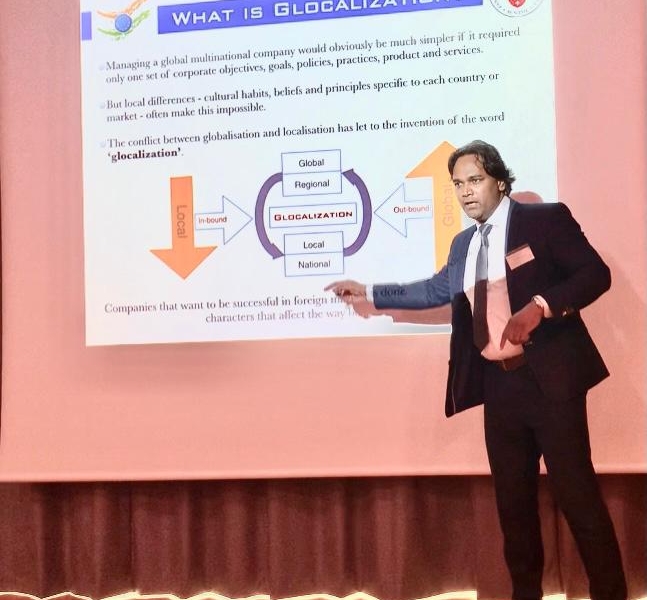

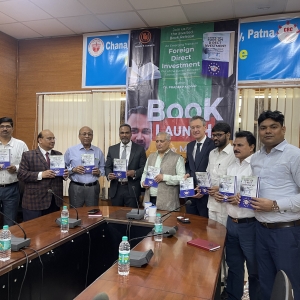
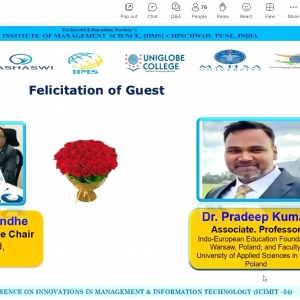
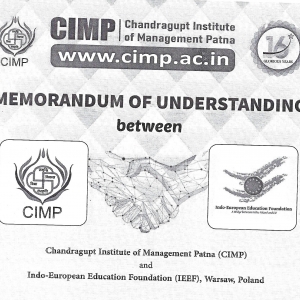
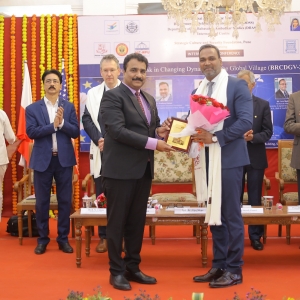
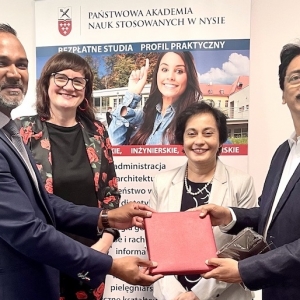
Share: